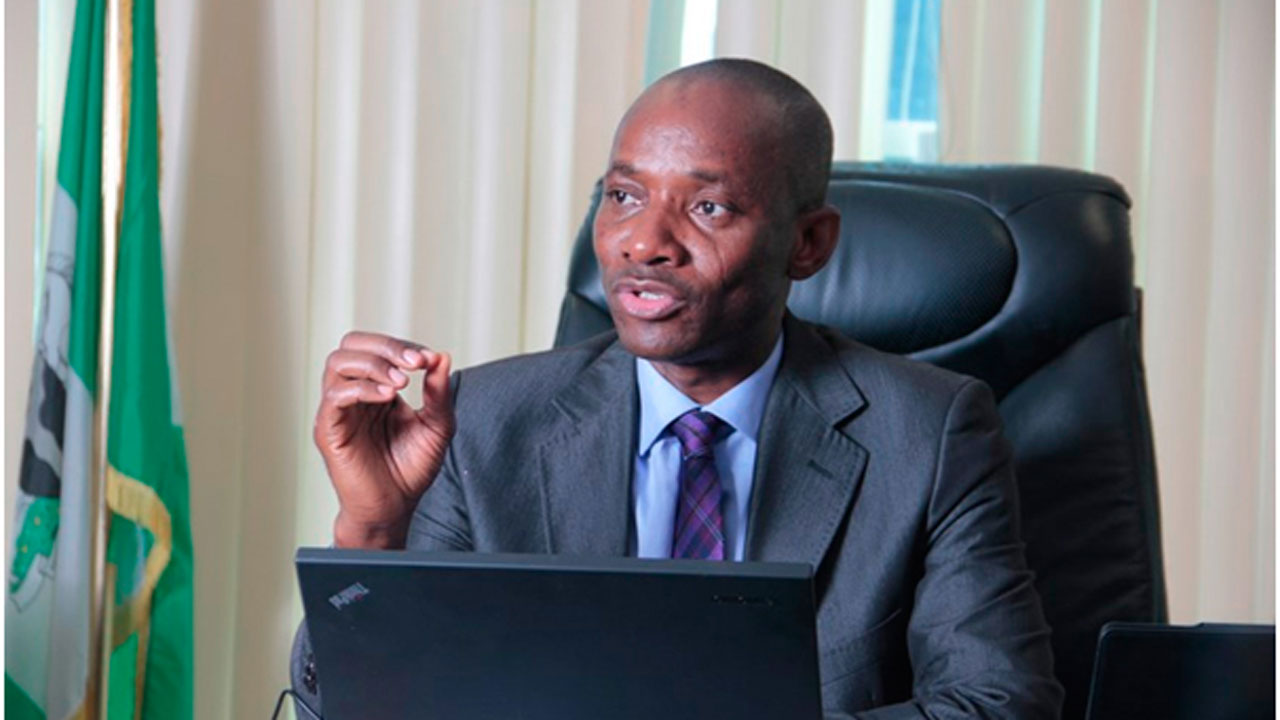
The idea of monetization policy by the Nigerian Government has been described as terrible advice taken from the World Bank.
Director of Abuja School of Social and Political Thought, Dr. Sam Amadi, stated this in his keynote address at the sixth annual public lecture of JustFriends Club of Nigeria held in Abuja on Tuesday.
Amadi, whose lecture was titled, High Cost of Governance as an impediment to Development, wondered why the government should sell off its properties for a pittance and is spending billions every four years to get accommodation and furniture for lawmakers.
According to him, “Why should we sell off government properties in the name of monetisation and every four years we are spending billions geting accommodation for lawmakers. Does that make sense?”
He said the problem with managing the cost of governance is that it is multidimensional and must be part of a strategic vision of development.
“The overarching element of a strategic vision of development is that it must flow from a proper diagnosis of the problem. The problem with the public service is not that we have too many departments, agencies, and ministries as much that we have created multiple agencies without a clear-cut idea of how each agency reinforces the concept and project of development.
“We cannot reduce the cost of governance in any systematic and effective manner unless we can articulate a strong and coherent vision of government and design simple processes that enable us to deliver.”
Amadi said Nigeria’s public service does not have any mission.
According to him, “In the early years of political independence, Nigeria recorded significant economic growth because the leaders then had a mission of industrial development, a mission to exit poverty and become Africa’s great economy and that mission created the institution that became the civil service. But that is no longer the case today.”
He said the process of development involves three stages: strategy, operation, and tactics. “In strategy, you start with a diagnosis that correctly captures the social pathology that you want to cure. If we mistake the social pathology we administer the wrong cure.
“From accurate diagnosis, we get to directing policy. Directing policy asks where you want to be, and what new state of affairs you want. When you have a clear directing policy that shows what is changing, then you get to coherent set of actions to create a new future. The problem is that Nigeria’s cost of governance reform does not follow this rigorous analysis.
“The Orasonye Report focused only on how to reduce the number, not how to reshape the public service to make it more functional. You don’t need a whole bureaucracy for you to have a ministry, it could just be made up of a few persons even without the agencies, it all depends on what you want it to do.
“We need to have a conversation around what is Nigeria’s development agenda. All the economic reform programmes we have are transactions, they do not envision Nigeria leapfrogging toward either a technological or industrial state.
“What is our vision of macroeconomic stabilisation, our vision of fiscal policy prudence to get us where?”
Also speaking, the president of the club, Mr. Fred Ohwahwa, said that it is really painful that the people elected to serve the people are living in affluence while the masses are dying of hunger.
He appealed to the President to take steps to bring down the cost of governance in the country.






